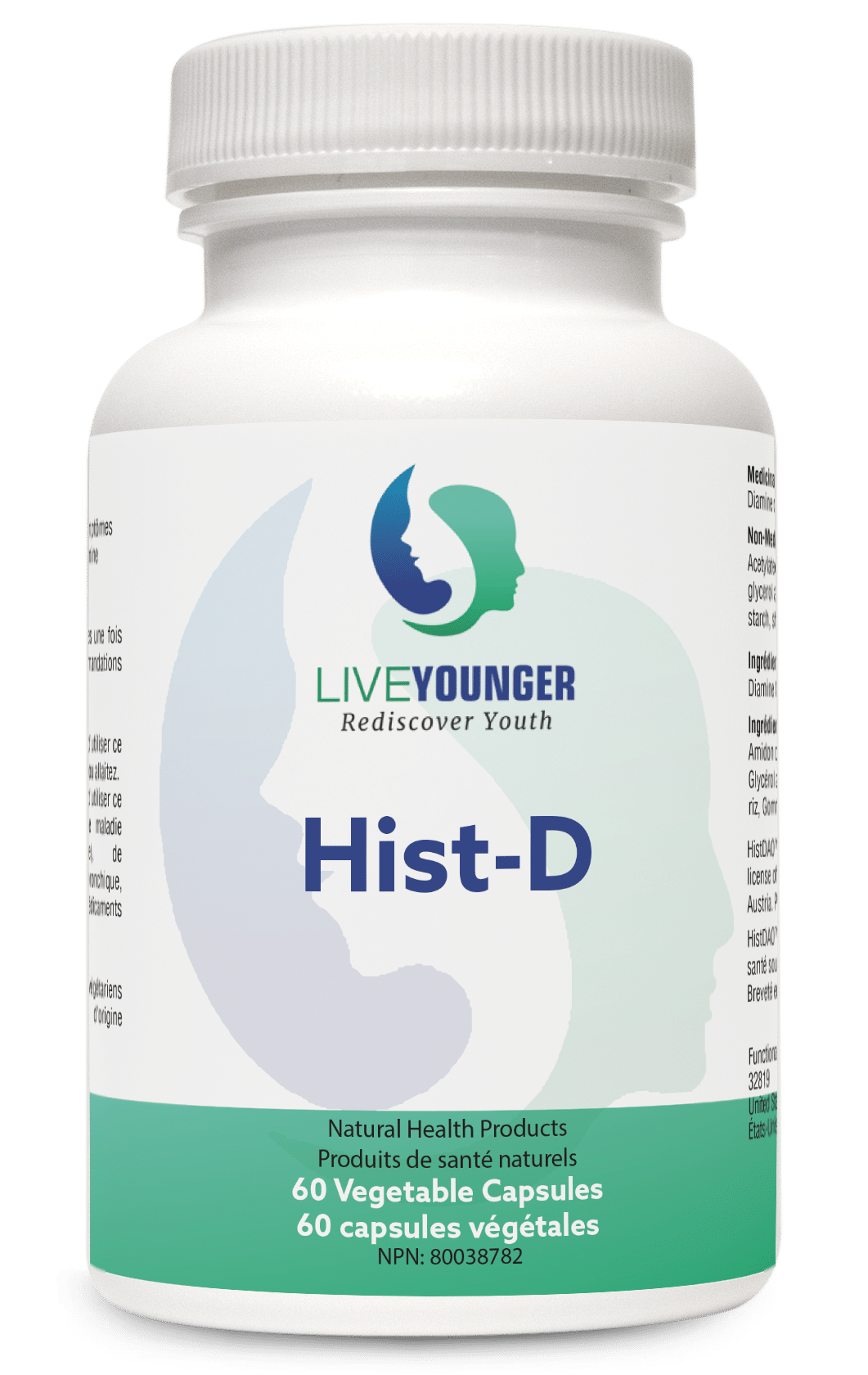Description
Vitamin D:
Vitamin D is made from sun exposure in your skin. This is why almost 40% of Canadians are deficient in Vitamin D. Add the use of sunblock and spending more time indoors than out, it is easy to see why it is so essential to supplement your levels by taking Vitamin D.
Vitamin plays a crucial role in several critical functions in your body. It has been labeled as a pro-hormone elevating its status beyond being a vitamin alone.
Vitamin D3 raises blood levels higher and for longer periods. It is considered the optimal form to take as a supplement.
Functions and Benefits:
-
Bone Health: Vitamin D increases calcium absorption in the intestines, which helps with bone density. Osteoporosis is a significant cause of disability and early death in those over 60 years old. Bone mass is built long before then. Taking Vitamin D from an early age is important to preventing conditions like osteoporosis.
-
Immune System Support: Vitamin D promotes proper immune system function. It has been linked to reducing the risk of autoimmune diseases like Multiple Sclerosis (MS), Lupus, Rheumatoid Arthritis (RA), Psoriasis, and others.
-
It enhances the body’s defense against infections. It also plays a role in preventing cancer, backed by numerous studies.
-
Heart Health: Low Vitamin D levels have been linked to heart disease, hypertension (high blood pressure), and stroke. Heart failure outcome is worse and higher death rates have been linked to lower levels of Vitamin D.
-
Mood and Mental Health: Adequate vitamin D levels have been associated with a lower risk of depression and improved mental well-being. In other words, low levels of vitamin D are associated with increased depression and anxiety. A scientific article in 2021 explored the pathway of serotonin to melatonin and showed that Vitamin D plays a role in this important metabolic pathway of brain chemistry. What this means to you is that you need adequate levels of Vitamin D for optimal mood and sleep.
A fat-soluble vitamin, you can accumulate this in your body and reach toxic levels. Testing your levels is very important since high levels of Vitamin D, or even high-end levels of Vitamin D, may be counterproductive and harmful to your health.
Its absorption is affected by many factors including whether taken with meals, digestive enzyme levels and gall bladder function.
When to take Vit D:
Daily or weekly, with a fat-containing meal.
Dose:
Whilst the current recommendations are 2000iu a day, we find that most people require between 4000-8000iu a day (or 28000-56000 iu once a week) based on testing.
BUY NOW




Reviews
There are no reviews yet.